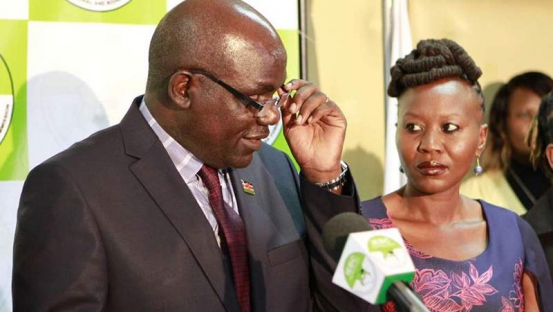×
The Standard e-Paper
Stay Informed, Even Offline

The chickens seem to have come home to roost over the culture of political patronage in the appointments and employment of public officers.
Over the years, Kenyans have watched rather helplessly as politicians and political interests entrench themselves in the employment, appointments and promotions as well as transfers and sackings in the public service.